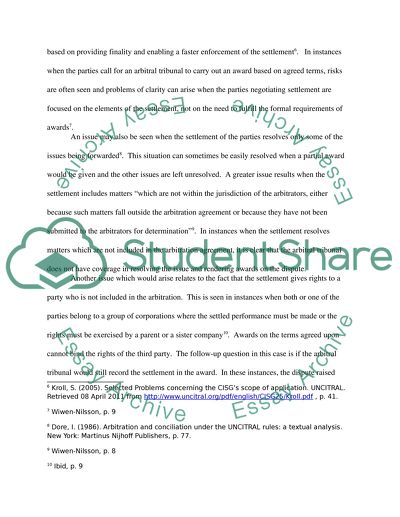Cite this document
(“International Dispute Settlement. Galactic Commodities Inc case Essay”, n.d.)
Retrieved from https://studentshare.org/environmental-studies/1414641-international-dispute-settlement-galactic
Retrieved from https://studentshare.org/environmental-studies/1414641-international-dispute-settlement-galactic
(International Dispute Settlement. Galactic Commodities Inc Case Essay)
https://studentshare.org/environmental-studies/1414641-international-dispute-settlement-galactic.
https://studentshare.org/environmental-studies/1414641-international-dispute-settlement-galactic.
“International Dispute Settlement. Galactic Commodities Inc Case Essay”, n.d. https://studentshare.org/environmental-studies/1414641-international-dispute-settlement-galactic.


